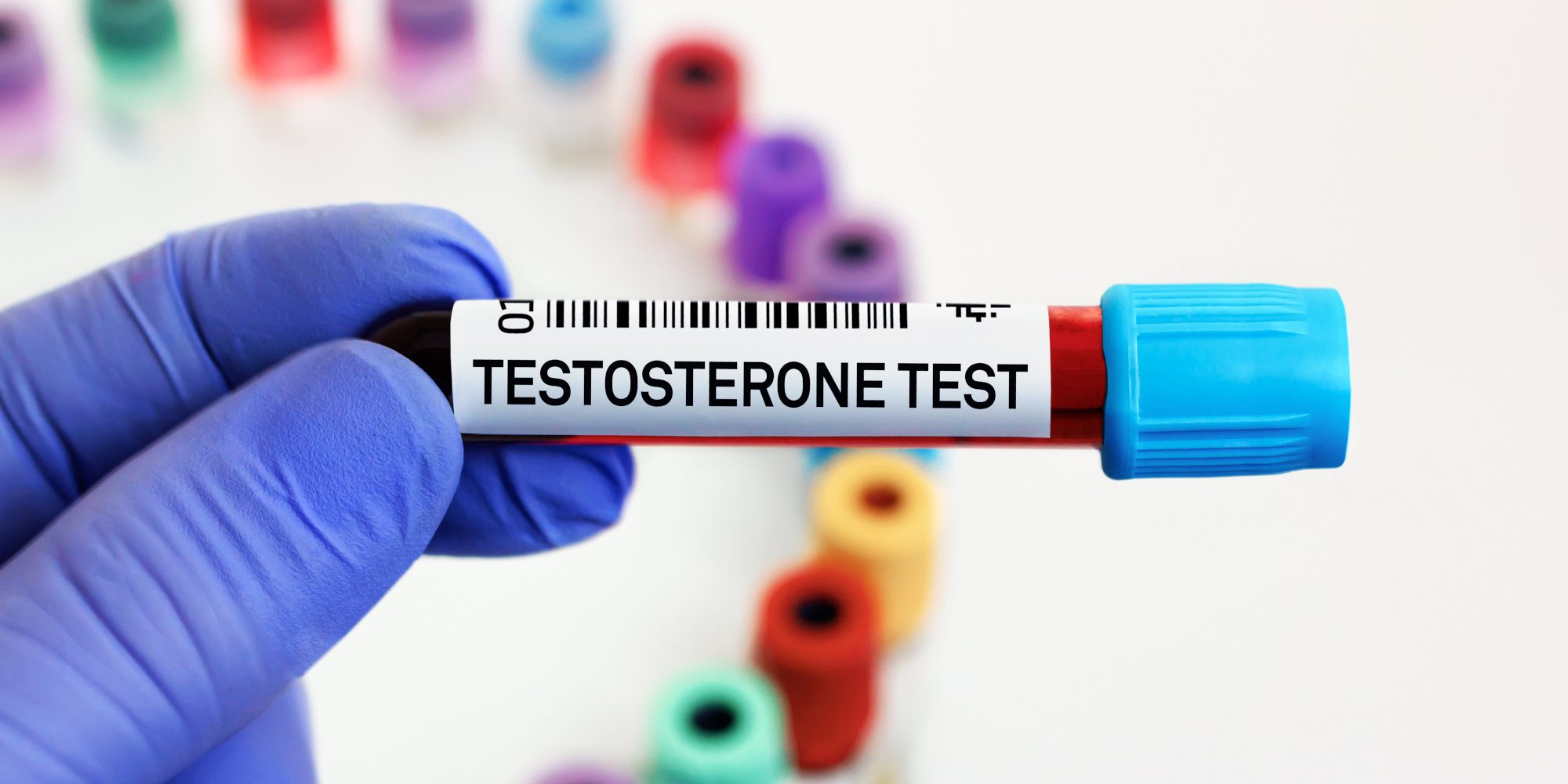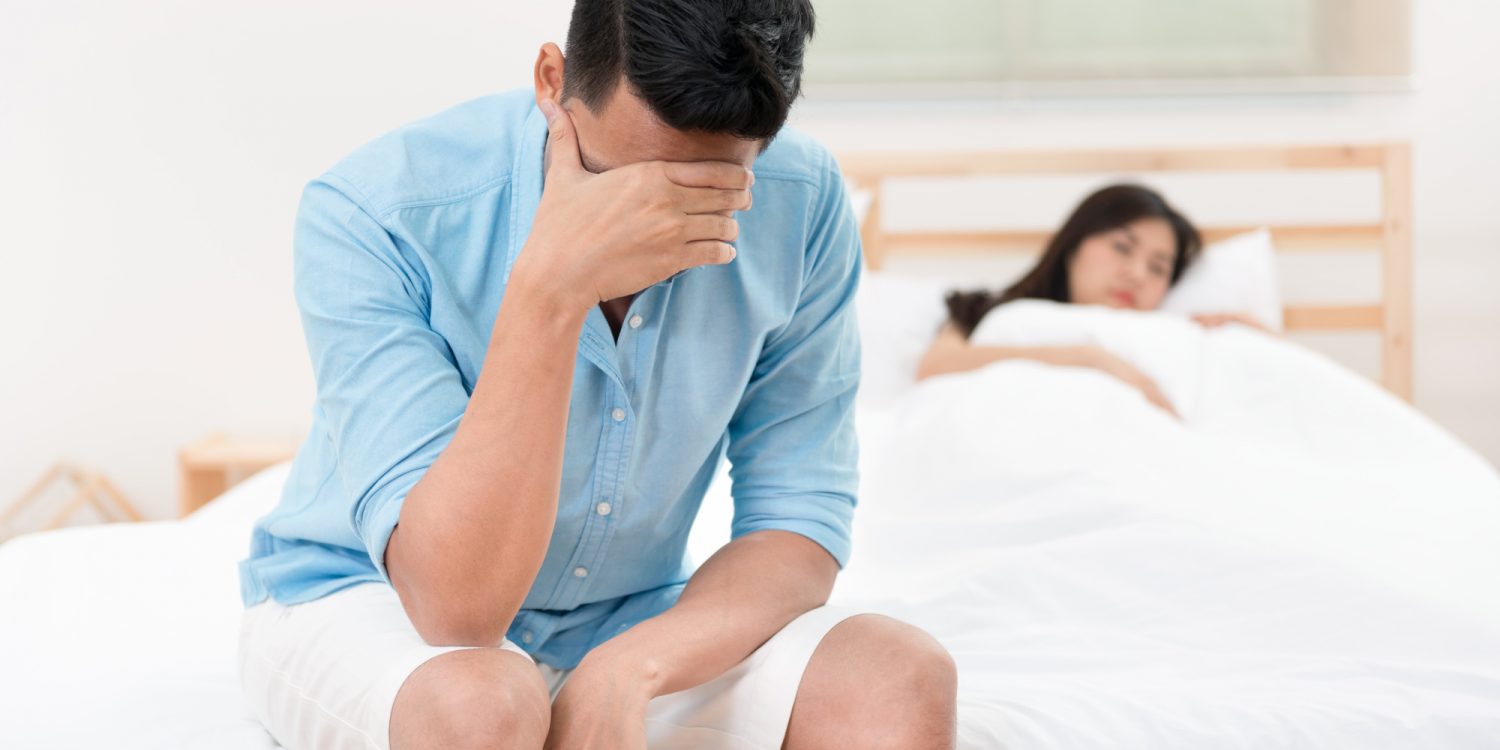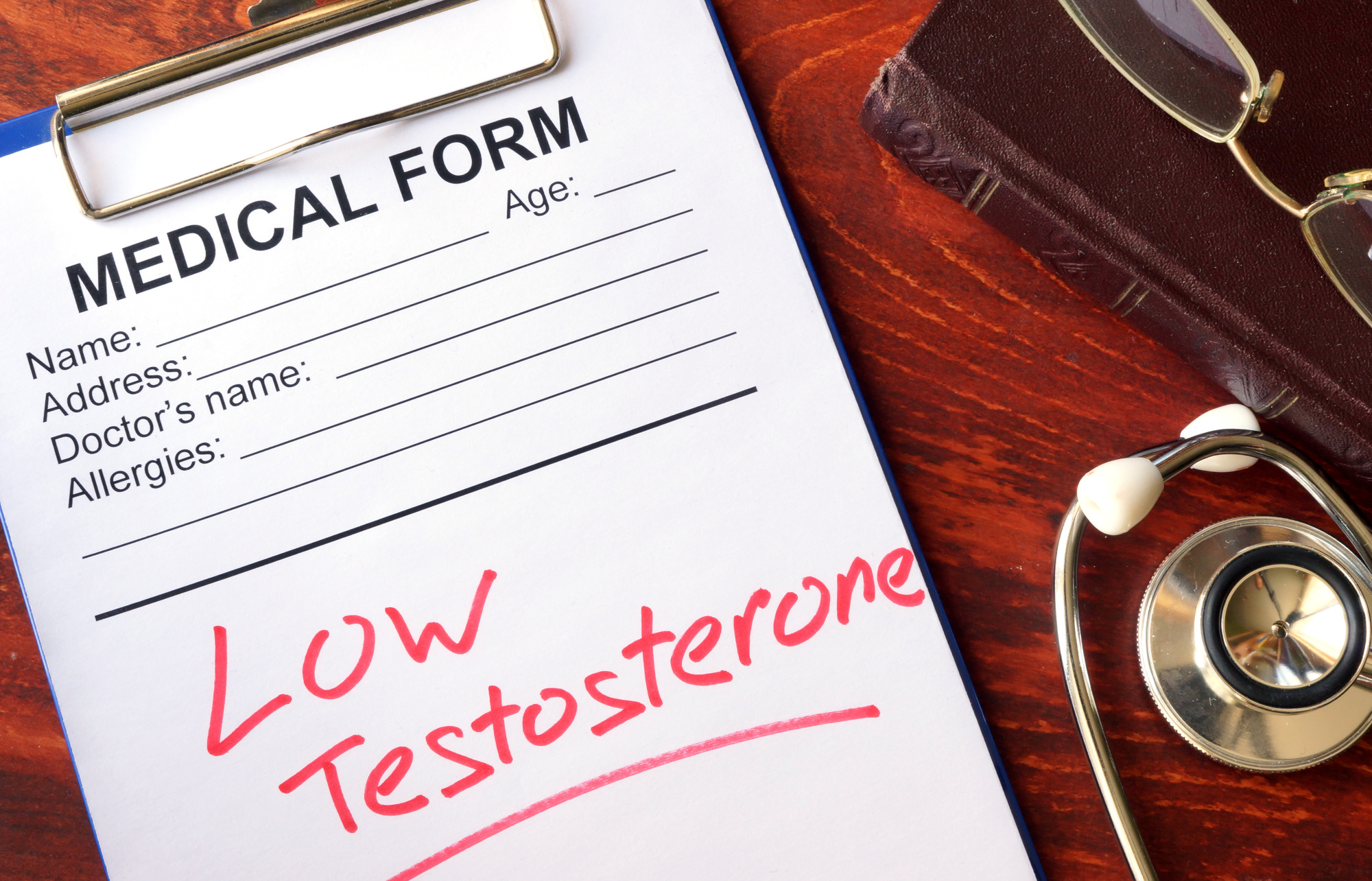The interplay between alcohol consumption and hormone levels, particularly testosterone, in men is a complex issue that can significantly impact health and well-being. Testosterone is a vital hormone in men, influencing various bodily functions, from muscle mass and bone density to libido and mood regulation.
The question this article will dive into is, “Does alcohol lower testosterone?” Understanding how alcohol affects testosterone levels is crucial for maintaining optimal health and mitigating risks associated with hormonal imbalances. Let’s take a look at the signs of low testosterone in men due to alcohol consumption and when to seek help for alcohol addiction.
Key Takeaways
- Alcohol’s Impact on Hormonal Balance: There is a complex interplay between alcohol and low testosterone. Excessive alcohol consumption can lead to significant decreases in testosterone levels, affecting men’s physical health, emotional well-being, and sexual health. Even moderate alcohol intake can influence hormonal balance over time.
- Recognizing the Signs: Symptoms of low testosterone due to alcohol use include decreased libido, erectile dysfunction, fatigue, mood changes, muscle weakness, and increased body fat. Identifying these signs of low testosterone and alcohol early is crucial for addressing potential hormonal imbalances.
- Recovery and Restoration: The negative effects of alcohol on testosterone levels can often be reversed through abstinence or moderation of alcohol consumption, combined with healthy lifestyle changes such as improved diet, regular exercise, and adequate sleep. Recovery times can vary, but many men start to see improvements within a few weeks to several months after reducing alcohol intake.
Understanding Testosterone and Its Importance

Testosterone plays a pivotal role in men’s health. It’s responsible for the development of male sex organs, secondary sexual characteristics, and sperm production. Beyond reproductive health, testosterone regulates muscle mass, bone density, and fat distribution. It also contributes to overall mood and energy levels. Healthy testosterone levels are essential for physical, emotional, and sexual well-being.
Does Alcohol Lower Testosterone?
Alcohol consumption can lead to a decrease in testosterone levels, which can have significant implications for men’s health. The relationship between alcohol and testosterone is influenced by various factors, including the amount and frequency of alcohol consumption.
Impact of Alcohol on Hormonal Balance
In answering the question, “Does alcohol lower testosterone?” it can help to examine alcohol’s physiological effects, including:
Hormonal Disruption: Alcohol can disrupt the brain’s endocrine system, which oversees hormone production, including testosterone. Chronic alcohol use can interfere with the signals between the brain and the testes, leading to decreased testosterone production.
Liver Damage: The liver plays a critical role in hormone regulation, including the metabolism of testosterone. Excessive alcohol consumption can cause liver damage, impairing its ability to regulate and metabolize hormones properly.
Increased Estrogen: Alcohol can also elevate levels of estrogen, the primary female sex hormone, by increasing the conversion of testosterone into estrogen. This imbalance can further reduce testosterone levels and affect male physical characteristics and reproductive functions.
Signs of Low Testosterone Due to Alcohol Use

Recognizing the signs of low testosterone is crucial for addressing and mitigating its impacts. Common symptoms include:
- Reduced Libido: A significant decrease in sexual desire is often among the first indicators.
- Erectile Dysfunction: Problems achieving or maintaining an erection can be a symptom of lowered testosterone levels.
- Fatigue: Persistent tiredness, not relieved by rest, may suggest a hormonal imbalance.
- Mood Swings: Experiencing increased irritability, depression, or difficulty concentrating can also be linked to low testosterone.
- Muscle Loss and Increased Body Fat: Particularly an increase in abdominal fat, can indicate reduced testosterone levels.
Self Assessment Quiz
Below is a quiz that can help you determine whether to reach out for a professional diagnosis. The self-test below should not replace an official assessment. If you think you might be suffering from addiction, reach out to us today to speak to our admissions team.
Addressing the Impact & Reversing the Effects

Understanding the effects of alcohol on testosterone levels is the first step toward mitigating its impacts. Here are several approaches to consider:
Medical Consultation
Consulting with a healthcare professional is essential for accurately diagnosing and understanding low testosterone levels. Blood tests can measure hormone levels, providing a basis for a tailored treatment plan.
Lifestyle Modifications
Reducing alcohol consumption is a critical step in restoring testosterone levels. Other lifestyle changes, such as improving diet, increasing physical activity, and ensuring adequate sleep, can also help balance hormone levels and improve overall health.
Therapeutic Interventions
In some cases, medical treatments such as testosterone replacement therapy (TRT) may be recommended. However, these should be considered carefully in consultation with a healthcare provider, weighing the potential benefits against the risks.
How Long After Quitting Alcohol Does Testosterone Increase?
The recovery of testosterone levels after quitting alcohol can vary significantly from person to person, depending on factors such as the duration and severity of alcohol use, overall health, and individual biological differences. Generally, some men may start to notice an improvement in testosterone levels within a few weeks of abstaining from alcohol. However, for others, it may take several months to observe significant changes.
The body needs time to adjust and heal from the effects of alcohol, and the endocrine system is no exception. Engaging in healthy lifestyle practices, such as a balanced diet, regular exercise, and sufficient sleep, can aid in the recovery process and expedite the normalization of testosterone levels. It’s important to consult with healthcare professionals for personalized advice and to monitor hormonal health during the recovery journey.
When to Seek Help for Alcoholism

Just as alcoholism impacts other aspects of mental, physical, and emotional health, alcoholism and low testosterone can be closely linked. If you or someone close to you is experiencing signs of low testosterone—such as reduced libido, persistent fatigue, mood fluctuations, or challenges in maintaining muscle mass—especially if these symptoms correlate with alcohol use, it’s important to seek professional guidance. Early intervention can significantly improve health outcomes and overall well-being.
From our experience, addressing these issues in a supportive and understanding environment leads to more effective recovery and restoration of hormonal balance. At SCRC, a men’s outpatient alcohol rehab in Southern California, we offer specialized support and tailored treatment plans to navigate the journey toward recovery, emphasizing the importance of holistic health and well-being. We provide doctor consultations, any necessary lab work, and gym attendance to help clients get their minds and bodies on the path to recovery. If you’re facing challenges related to low testosterone, SCRC can help you overcome them.
Recognizing the signs of low testosterone, making informed lifestyle choices, and seeking professional guidance when needed can significantly mitigate the negative impacts of alcohol on hormonal balance. Whether you’re concerned about your health or seeking to support someone in their journey, remember that recovery and hormonal restoration are achievable with the right approach and resources. Reach out to our admissions team to learn more about how we can help.
Southern California Recovery Centers
Southern California’s Premier Outpatient Addiction Recovery Center
FAQs About Alcohol and Low Testosterone
Yes, while heavy alcohol use is more commonly associated with significantly lower testosterone levels, even moderate drinking can impact hormonal balance over time. The effect of moderate alcohol consumption on testosterone varies among individuals, depending on factors like genetics, overall health, and lifestyle habits. It’s important to monitor alcohol intake and be aware of any changes in symptoms or health.
In many cases, the negative effects of alcohol on testosterone levels can be partially or fully reversible. The extent of recovery often depends on the duration and severity of alcohol use, individual health factors, and a commitment to lifestyle changes that support hormonal balance, such as improved nutrition, regular physical activity, and adequate sleep.
The extent to which alcohol lowers testosterone levels can vary depending on factors such as the amount and frequency of alcohol consumption, individual physiology, and overall health. However, chronic alcohol use has been shown to significantly decrease testosterone production, potentially leading to hormonal imbalances and related health issues.
While this article focuses on men, it’s worth noting that women also produce testosterone, though in much smaller amounts. Alcohol can impact testosterone levels in women as well, potentially leading to imbalances that affect menstrual cycles, libido, and mood. The same principles of moderation and awareness apply to women regarding alcohol consumption and hormonal health.
Low testosterone levels over an extended period can lead to several long-term health issues, including osteoporosis (due to decreased bone density), muscle weakness, increased body fat, cardiovascular problems, and mental health issues such as depression and cognitive impairments. It underscores the importance of addressing alcohol misuse and hormonal imbalances early.



